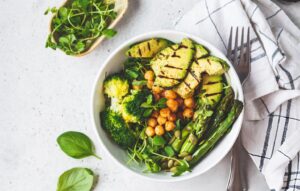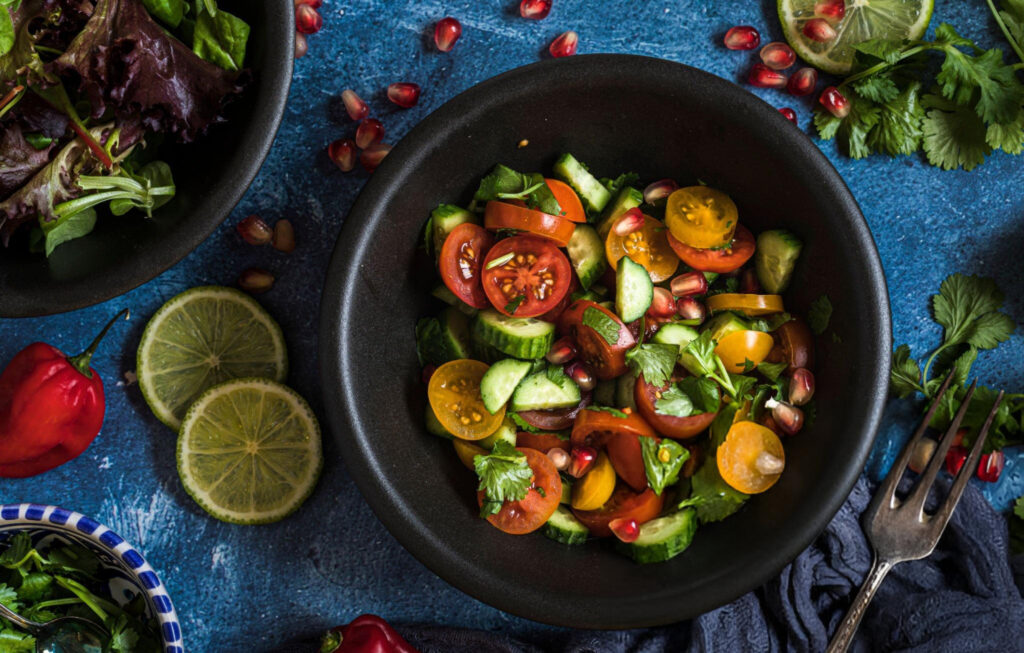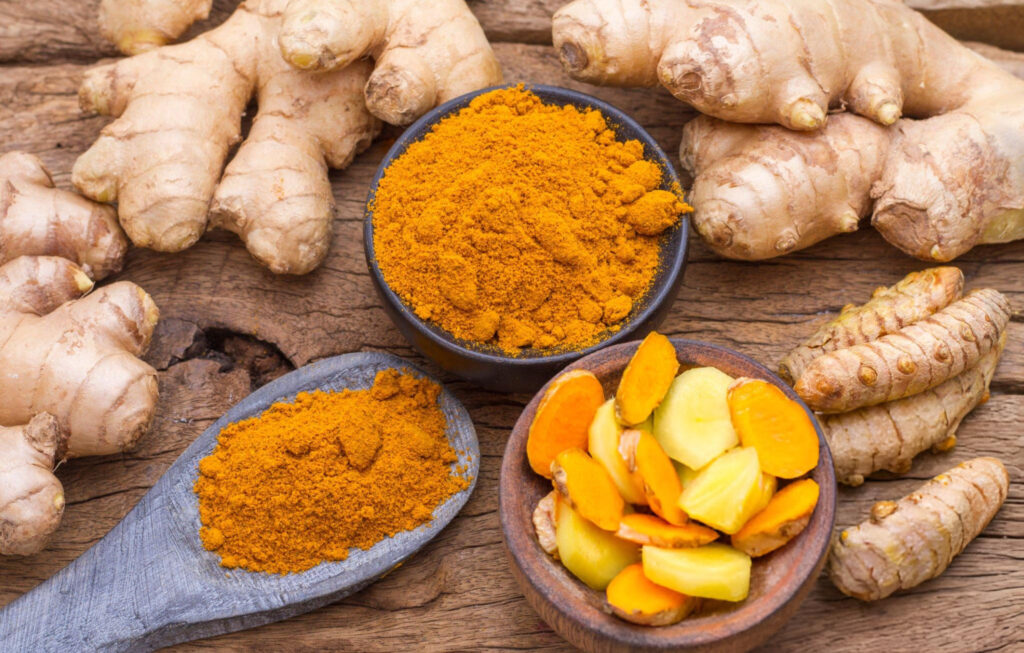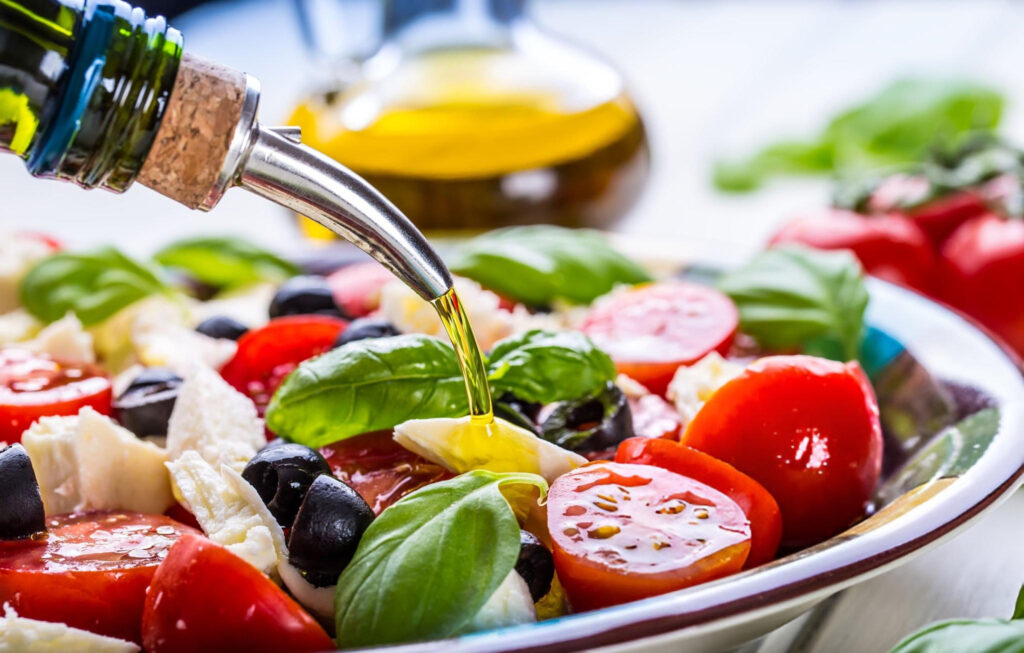
Are you tired of feeling bloated, achy, and fatigued every day?
It’s not normal, and it’s not your fault. Inflammation could be the hidden culprit behind those persistent health issues, and it’s time to fight back naturally. The anti-inflammatory diet isn’t just another fad; it’s a science-backed approach to healing your body from the inside out. Imagine waking up with more energy, a clearer mind, and less pain with the help of a healthy diet without relying on medication.
This diet is healthy based on foods that reduce inflammation and help the body cope with inflammation. This diet is full of colorful fruits, vegetables, whole grains, and healthy fats that provide a bulk of antioxidants to reduce the risk of free radicals in the body. The free radicals can be found due to oxidative stress caused by injuries, infections, auto-immune illnesses, and alcohol. Inflammation can also be caused by high-fat diet and intake of processed foods. This article will help you, making it easy to know more about an anti-inflammatory diet to avoid inflammation.
This diet helps reduce the risk of chronic diseases like arthritis, diabetes, heart disease, and cancer. The risk of chronic conditions like itchy skin, muscle pain, tiredness, and mood swings is also reduced.
It helps in weight management and gives your brain a boost. Plus, it can ease symptoms of allergies, asthma, and chronic conditions like ulcerative colitis and Crohn’s disease.
What foods should be restricted to avoid inflammation?
The dietary choices and patterns are highly associated with the risk of increasing or decreasing inflammation. In terms of reducing inflammation, the following foods should be limited:

Added Sugars: Excess use of sugars in beverages, sweet snacks, desserts, and processed foods can spike blood sugar levels and cause insulin resistance, resulting in inflammation.
Refined Carbohydrates: Many refined carbohydrate products are heavily processed and contain unhealthy fats, increasing oxidative stress. So, white bread, white rice, pastries, and processed carbohydrates can trigger the risk of inflammation in the body.
Trans fats: They can be a reason for increased visceral fat, increasing the risk of inflammation. Fats found in baked items, fried items, and processed items should be avoided.
Processed Meat: They contain inflammatory additives like nitrates, nitrites, and phosphates, which can generate nitrosamines linked to inflammation. So, meat like bacon, sausages, and hot dogs can also be the reason for inflammation due to high amounts of preservatives.High-saturated fatty foods: Such foods contain low-density lipoprotein (LDL). Red meat consists of fatty meat cuts that can increase inflammation, and full-fat dairy products can also cause inflammation.

How do you adapt to an anti-inflammatory diet?
This diet can be maintained by maintaining some healthy dietary tips, keeping in mind the following things:
Other lifestyle modifications to reduce inflammation:
A healthy diet is a significant factor in reducing inflammation along with the following factors:

Physical activity and exercise: Exercise helps reduce inflammatory markers and chronic inflammation.
Smoking: As smoking stimulates the production of free radicals in the body so, try to avoid smoking to lessen the risk of inflammation.
Sleep: Proper sleep and healthy sleeping patterns aid in reducing inflammation.
Stress: A peaceful environment and mental being is necessary to eliminate stress and inflammatory markers.
Alcohol: Avoiding alcohol can help reduce inflammation.
Weight management: Maintain a healthy weight to reduce inflammation.MSG: Mono-sodium glutamate (MSG) is a flavor-enhancing food additive that can trigger chronic inflammation.

Benefits of an Anti-inflammatory diet:
Such modifications can positively impact the body by increasing antioxidant properties and reducing free radical risk, resulting in less risk of inflammation in many health conditions.
Enhanced Immunity: Enriched antioxidants from fruits and vegetables can boost immunity. They are a rich source of vitamins A, C, and E.
Improved bowel functioning: Increased fiber through whole grains and whole fruits enhances the digestive system’s functioning as it helps maintain the gut microbiome, a beneficial bacteria for healthy bowel movements.
Enhanced memory retention and performance: Anti-inflammatory foods help the brain function, such as foods containing Vitamin B complex, magnesium, and zinc, support neurotransmitter production and function.
Balanced energy levels: Adequate nutrients from healthy food help maintain energy levels to incorporate normal body functioning. Stable blood sugar levels, improved nutrient absorption, and optimized mitochondrial function aid in balancing energy levels.Improved cardiovascular health: Less low-density lipoprotein (LDL) and more high-density lipoprotein (HDL) assist in reducing inflammation, lowering the risk of heart problems in the body.
Nutrients such as vitamins A, C, D, E, and K and Vitamin B, fiber, omega-3 fatty acids, and polyphenols are essential to the anti-inflammatory diet. The anti-inflammatory diet is also a rich source of zinc, magnesium, copper, iron, and selenium. As a result, this diet is rich in plant-based foods, and essential nutrients help fulfill the body’s nutritional requirements while supporting both physical and mental health. Incorporating these nutrient-packed foods can reduce inflammation, strengthen the immune system, and improve overall well-being.

I have written an amazing book titled Inflammatory Diet by Ellen Peeters” containing all sugar-free, gluten-free, and dairy-free recipes. Dive into a healthy lifestyle with various recipes introducing you to the finest food flavors. This book will not only provide a complete guide of ample anti-inflammatory diet recipes. Still, it will give the perfect combination of all the macronutrients and micronutrients, including the required vitamins and minerals that are sufficiently adjusted in the meals.
By including these recipes in your daily routine, you can promote health and enjoy nutritious, flavorful, and delicious meals. Let’s embark on your journey towards better health and managing inflammation with these healing recipes.
Sears, B. (2015). Anti-inflammatory diets. Journal of the American College of Nutrition, 34(sup1), 14-21.
Ricker, M. A., & Haas, W. C. (2017). Anti‐inflammatory diet in clinical practice: a review. Nutrition in Clinical Practice, 32(3), 318-325.
Olendzki, B. C., Silverstein, T. D., Persuitte, G. M., Ma, Y., Baldwin, K. R., & Cave, D. (2014). An anti-inflammatory diet as a treatment for inflammatory bowel disease: a case series report. Nutrition journal, 13, 1-7.
Haß, U., Herpich, C., & Norman, K. (2019). Anti-inflammatory diets and fatigue. Nutrients, 11(10), 2315.
Bagheri, S., Zolghadri, S., & Stanek, A. (2022). Beneficial effects of an anti-inflammatory diet in modulating gut microbiota and controlling obesity. Nutrients, 14(19), 3985.